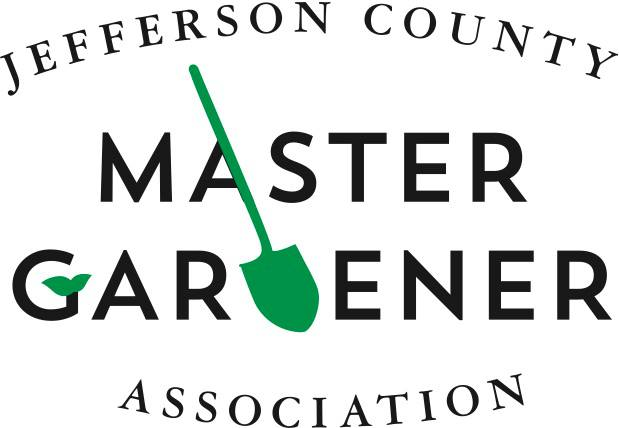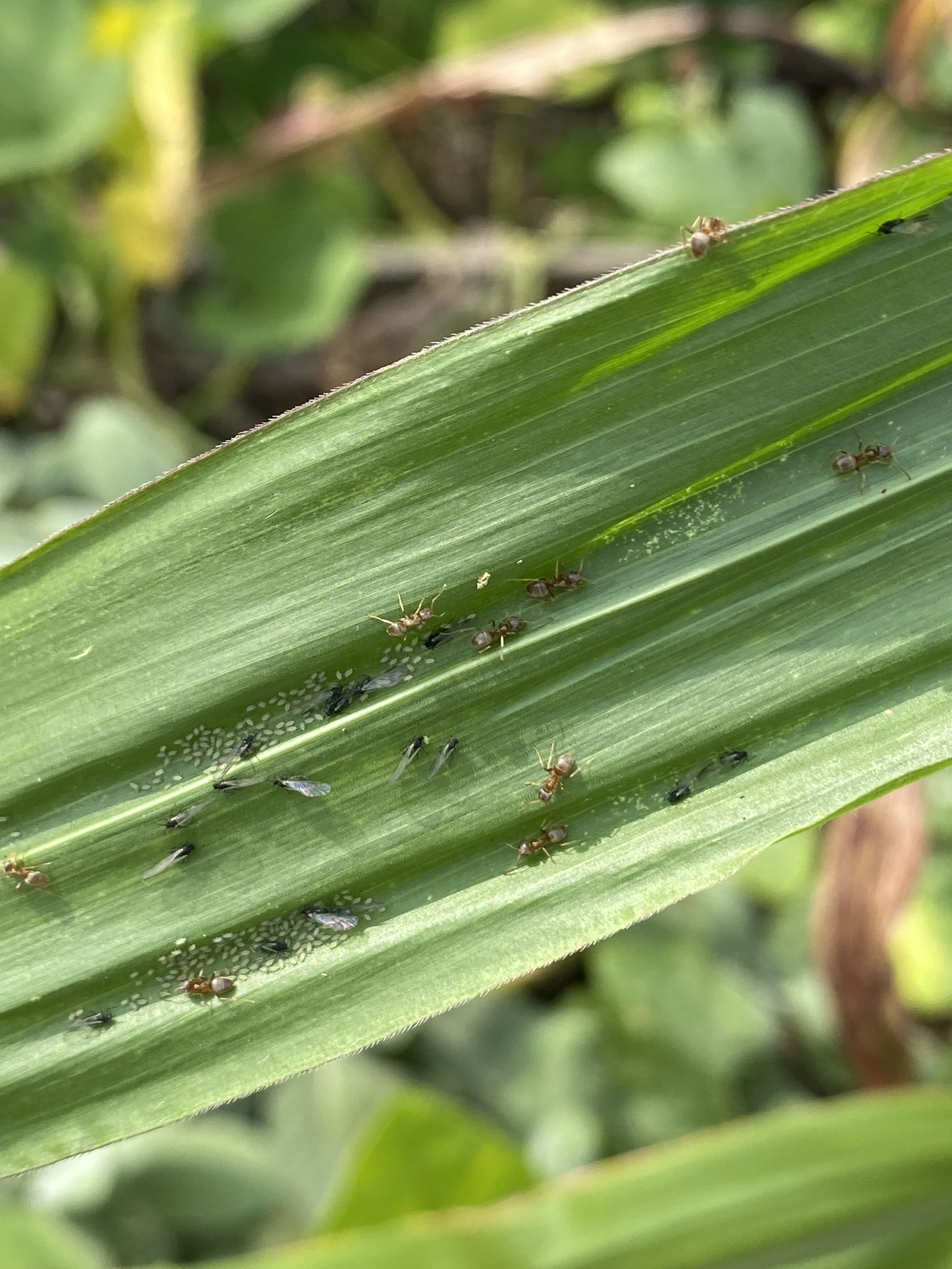Integrated Pest Management (IPM) for Organic Vegetable Gardening
As gardeners we work hard to provide healthy abundant produce for our families. But oftentimes our vegetable gardens attract unwanted guests in the form of pests. Rather than resorting to harsh chemicals that disrupt the delicate balance of ecosystems, master gardeners advocate for natural integrated pest management (IPM) techniques. By working in harmony with nature, pests can be effectively controlled while maintaining a healthy and balanced garden environment.
Here are some tips to implementing natural IPM strategies in your garden:
Cultivate Healthy Soil and Plants
Healthy plants are more resilient against pests and diseases. Maintain proper soil fertility by adding compost yearly. Increase airflow and light.
Rotate crops each season to disrupt pest life cycles and reduce the buildup of pests in the soil. Quarantine new plants and watch for pests before adding them to the garden.
Companion Planting and Intercropping
Harness the power of companion planting by strategically placing plants that repel pests or attract beneficial insects. For example, marigolds can deter nematodes, while plants like dill and parsley attract beneficial insects like ladybugs and lacewings that prey on garden pests.
Additionally, planting different vegetables in a row confuses pests and makes it harder for them to establish large populations.
Physical Controls
Employ physical barriers, such as row covers or netting, to protect vulnerable plants from pests. Handpick larger pests like caterpillars or beetles and prune infested plant parts to control minor infestations.
Japanese beetles are best picked in the evening around 7pm when they are slow to move. Drop them in a jar of soapy water. Beneficial nematodes can also be added to the soil to reduce larvae.
Monitor the underside of plants for eggs of squash bugs and caterpillars. Use masking tape or a hard spray from the hose to remove them.
Put yogurt cups around young seedlings. Wrap squash stems in aluminum foil or gauze to prevent squash vine borers from getting in. Bt can also be injected into stems to stop the borers. But use this sparingly as it may have a harmful effect on soil microbes.
Use straw or reflective mulch to deter pests from landing in your beds.
Attract Beneficial Insects
Install native plants that attract beneficial insects like ladybugs, lacewings, and parasitic wasps. These “good bugs” feed on pests, helping to naturally regulate pest populations in your garden.
Regular Monitoring and Early Intervention
Keep a keen eye on your garden. Regularly inspect plants for signs of pest damage or infestation. Early detection allows for prompt action, preventing pest problems from escalating.
Plant earlier or later to avoid peak populations of insects.
Read UK’s publication on Vegetable Gardening in Kentucky for more extensive information on handling pests in the vegetable garden.
Natural integrated pest management is not only effective but also aligns with the principles of sustainable and environmentally friendly gardening. By employing these strategies, you can maintain a thriving garden while minimizing the use of harmful chemicals. Embrace nature’s solutions, cultivate biodiversity, and establish a harmonious balance that promotes a healthy and pest-resistant garden ecosystem.


